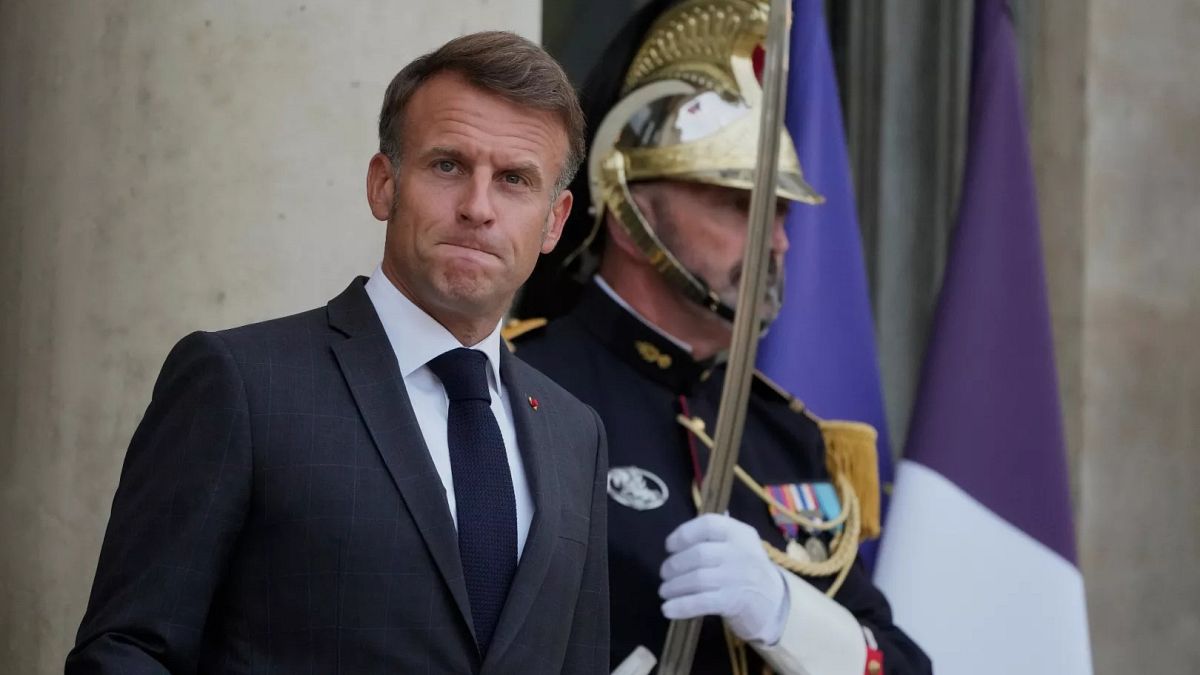

In an ever-evolving global landscape, recent revelations across international arenas have sparked significant discussions and responses. From the strategic decisions in France to the ongoing tensions in the Middle East, these developments underscore the complex nature of global diplomacy and security efforts.
In France, satirical newspaper “Le Canard enchaîné” has unveiled information that stirred public discourse, suggesting that President Emmanuel Macron might be subtly preparing the nation for potential military involvement by 2026. These revelations have led to a robust public debate, capturing the attention of many who express concerns over the possibility of war. The French government, however, maintains a position of calm, underscoring that this information may not accurately reflect official policy or future intentions, instead highlighting their focus on maintaining peace and international stability.
The Middle East remains a focal point of conflict, notably with Israel intensifying its actions in Gaza City. Recent escalations involved a call for residents to evacuate as military operations expanded, focusing on seizing the major urban center within the Gaza Strip. This development is part of a broader military campaign amid longstanding geopolitical tensions in the region. Such actions often result in a significant impact on civilians’ lives, creating humanitarian concerns that resonate on an international level, calling for diplomatic solutions and long-term peace processes.
Meanwhile, a report has brought to light a covert U.S. military mission conducted in 2019, during which U.S. Navy Seals inadvertently killed North Korean civilians while attempting to plant a listening device. This sensitive operation, supposedly authorized during Donald Trump’s presidency amidst crucial diplomatic conversations with North Korean leader Kim Jong-un, highlights the precarious balance between intelligence-gathering and international peacekeeping. While the details remain classified, the incident serves as a poignant reminder of the complexities of covert operations within high-stakes diplomatic contexts.
Adding to the international discourse, the U.S. has recently imposed sanctions on three Palestinian human rights organizations that solicited the International Criminal Court (ICC) to investigate accusations of genocide against Israel. The sanctioned groups, including the Gaza-based Palestinian Centre for Human Rights and Al Mezan Center for Human Rights, as well as the Ramallah-based Al-Haq, were designated under ICC-related criteria by the U.S. Treasury Department. This action illustrates the intricate interplay between international law and geopolitical interests, raising significant questions about human rights advocacy, international justice, and the broader implications of such sanctions on global diplomatic relations.
Collectively, these narratives highlight the multifaceted nature of international diplomacy, where strategic decisions, military actions, and human rights considerations intersect. While nations navigate these complex terrains, it remains crucial for international communities to advocate for peaceful resolutions and enhance cooperative dialogues, fostering a world where conflicts are resolved through understanding and diplomacy rather than confrontation and unrest. Through mindful engagement with these issues, there lies a hope for a future where global cooperation prevails, steering the world toward stability and peace.
Source: {link}
